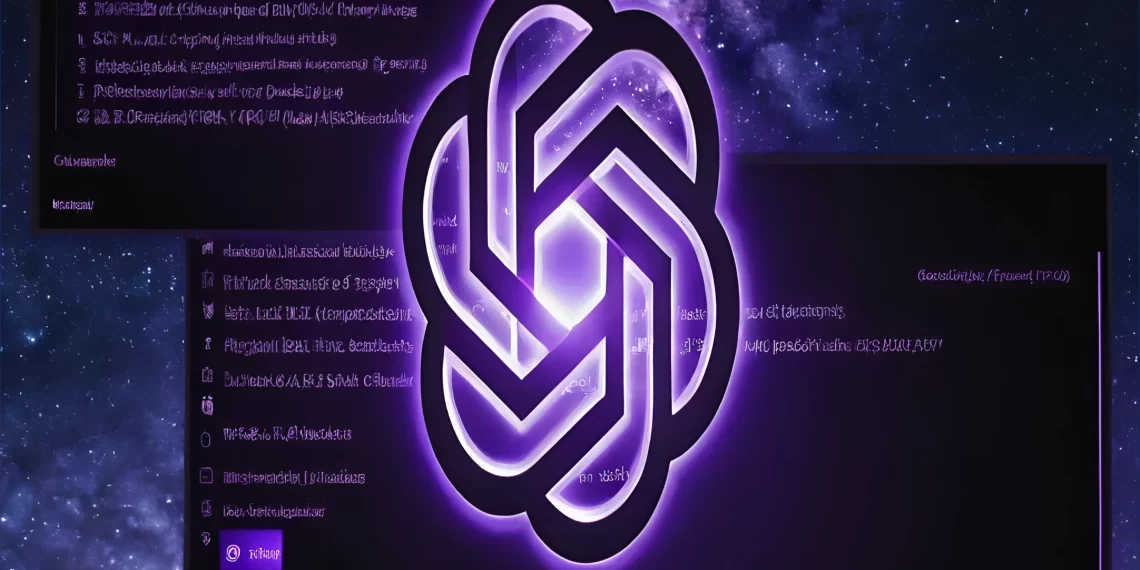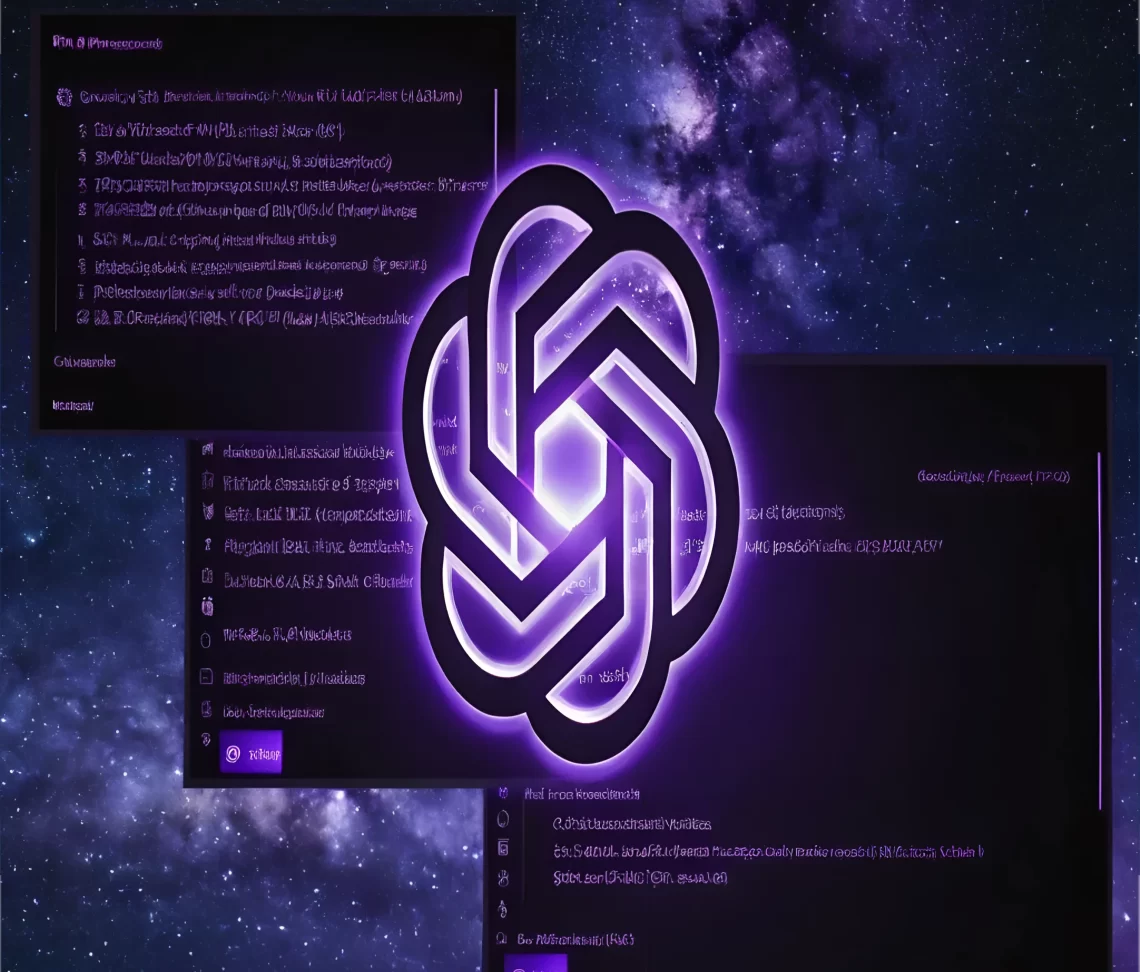A malicious worm has been found by researchers that may infect ChatGPT.
The infection can also affect other AI models.
Some safety advice is provided on how to protect systems.
Recent research on artificial intelligence (AI) has revealed a few potential security vulnerabilities in AI tools such as OpenAI’s ChatGPT.
Threat from malware to ChatGPT
Given how quickly various companies are releasing new tools, one would think that using AI tools would not include any risks.
Even if this isn’t the case, new research on these cutting-edge technologies has shown that consumers may be more susceptible to some security risks. Notably, various regulatory authorities have previously expressed concerns about the safety of AI.
Researchers have discovered that artificial intelligence (AI) products, including ChatGPT and Google’s Gemini, which launched its most recent version a few weeks ago, can harbor malware threats. The research team uncovered a malware worm exploiting flaws in the GenAI ecosystem’s architecture, named Morris II after the 1988 Morris worm, which crippled over 10% of internet-connected computers then.
This malware worm can replicate and infect other systems, causing destruction. For the most part, generative AI can spread without human input. These GenAI platforms typically need textual instructions and prompts to function. Morris II hacks prompts to turn them into malicious instructions in an attempt to take control of the machine.
Without the user or the system knowing, the malicious prompts cause the GenAI to carry out harmful acts.
How to Prevent Computer Malware from Invading Your System
As such, users of AI are recommended to exercise caution and vigilance when clicking on links and emails from unfamiliar or dubious sources. As a backup, consumers should also spend money on dependable and effective antivirus software that can quickly locate and eliminate malware, including dangerous computer worms. The experts conclude this is the most effective way to prevent malware worms from infecting your machine.
Other recommendations to prevent malware worm activity include using strong passwords, updating your system frequently, and limiting the amount of files you share.
Amid this study, Sam Altman’s OpenAI has unveiled a brand-new artificial intelligence tool that can mimic human speech. Voice Engine needs text input and a single, 15-second recording sample to replicate a person’s voice. When this new tool eventually goes live after the present testing phase, there’s a good chance that bad actors will take advantage of it, too, given its GenAI approach.

























